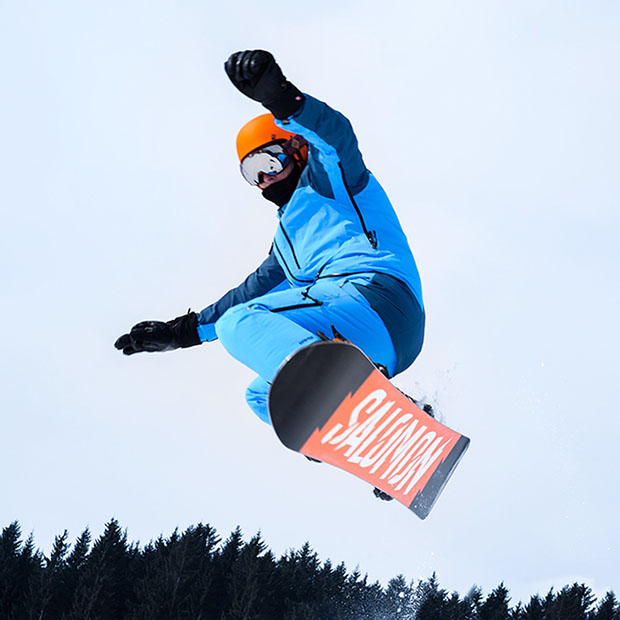Winter Is Here! Are Your Eyes Protected?

When we think of sunburns, most of us probably imagine sandy beaches and summer heat, but we can get sunburned in any season, including winter.
In fact, winter can be even more dangerous in some ways. Just because most of our skin is bundled up from the cold, that doesn’t mean our eyes are safe, and that’s only one of the potential problems they can face during the chilly months of the year.
Winter Dry Eye
In winter, the air can get very dry, and the heaters in our homes and where we work only dry it out more! This makes it very easy for our eyes to dry out and become irritated. You can fight back against this by staying well hydrated, and it can also help to use seat warmers in the car and turn the heater down, as well as getting a humidifier.
Arc Eye or Snow Blindness
As we hinted at before, it is very possible to get sunburned in winter, and that includes the eyes. Too much sunlight can actually lead to temporary blindness, called “snow blindness” or “arc eye.” Skiers and snowboarders are some of the most susceptible. Up on those slopes, the thinner air offers less protection from the sun and the snow reflects it back even more, making everything extremely bright.
The most dangerous part of snow blindness is that it can take hours to begin noticing symptoms, during which time you may have gotten even more sun exposure! The good news is that there are excellent tools to help prevent snow blindness.
Sunglasses Are Not Just for Summer
A good pair of polarized, 100 percent UV blocking sunglasses are a fantastic defense against dangerous UV rays for a day out in the snowy weather. Polarization is important, because this type of lens is designed to reflect light coming in from certain angles, which means none of that glare coming off the snow will get past them to your eyes! If you don’t already have a pair, we highly recommend taking a look at a few.
Goggles for Outdoor Winter Athletes
For skiers and snowboarders, mere sunglasses may not be enough. This is where goggles come in. They provide more coverage and are more secure than sunglasses. They can even fit over glasses, and you can find pairs with vents or anti-fog coating so they don’t steam up.
Unlike with sunglasses, you might want to avoid polarized lenses on goggles, because the glare on the mountainside actually helps you see the slope. Instead, check out the colored lenses available. Different colors are more helpful in different conditions. If that seems intimidating or you aren’t interested in changing out lenses, you could choose a pair with universal lenses that are good in all conditions.
Have Questions? Just Ask Us!
We’re always happy to give our patients the information they need to better protect their eyes. Give us a call if you still have questions about how to protect against winter dry eye or snow blindness, or if you just need recommendations for a good pair of sunglasses or goggles.
